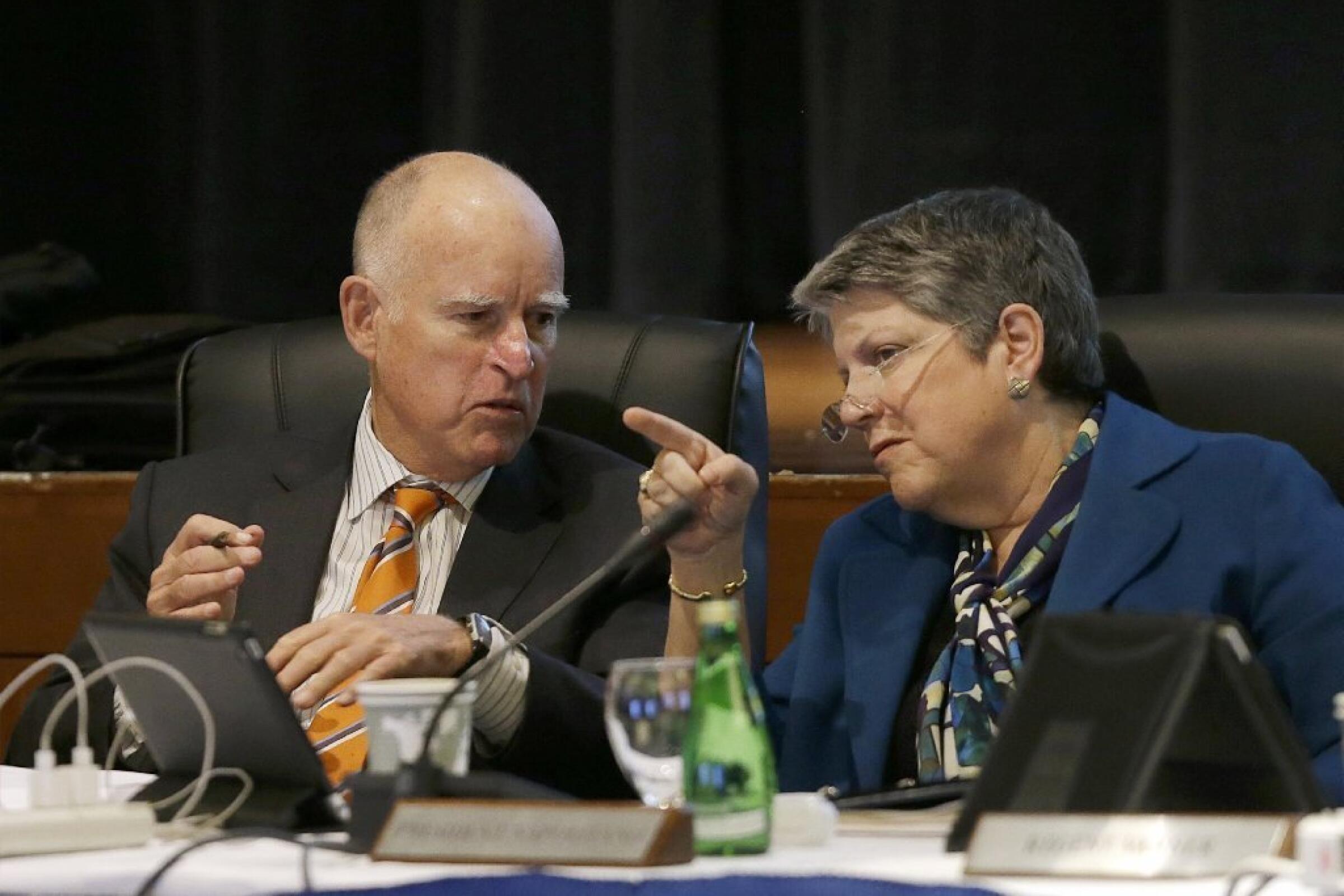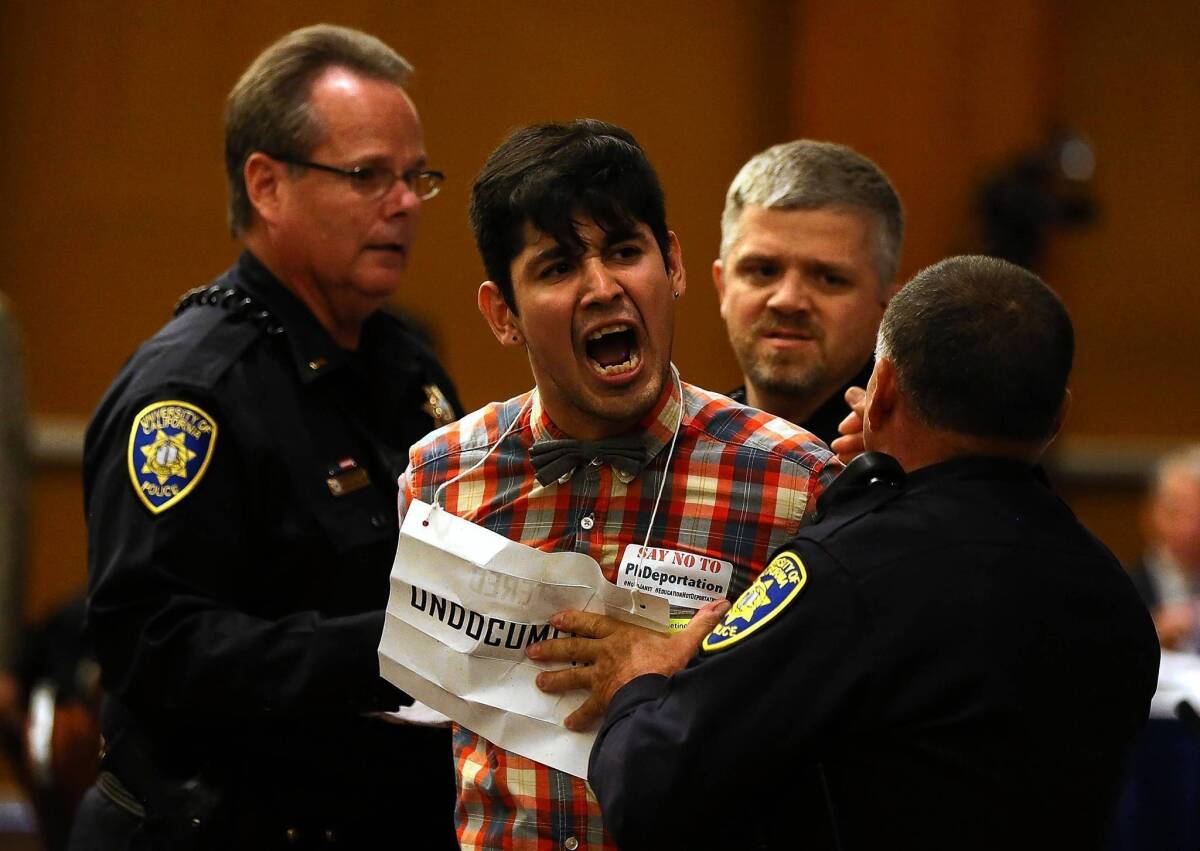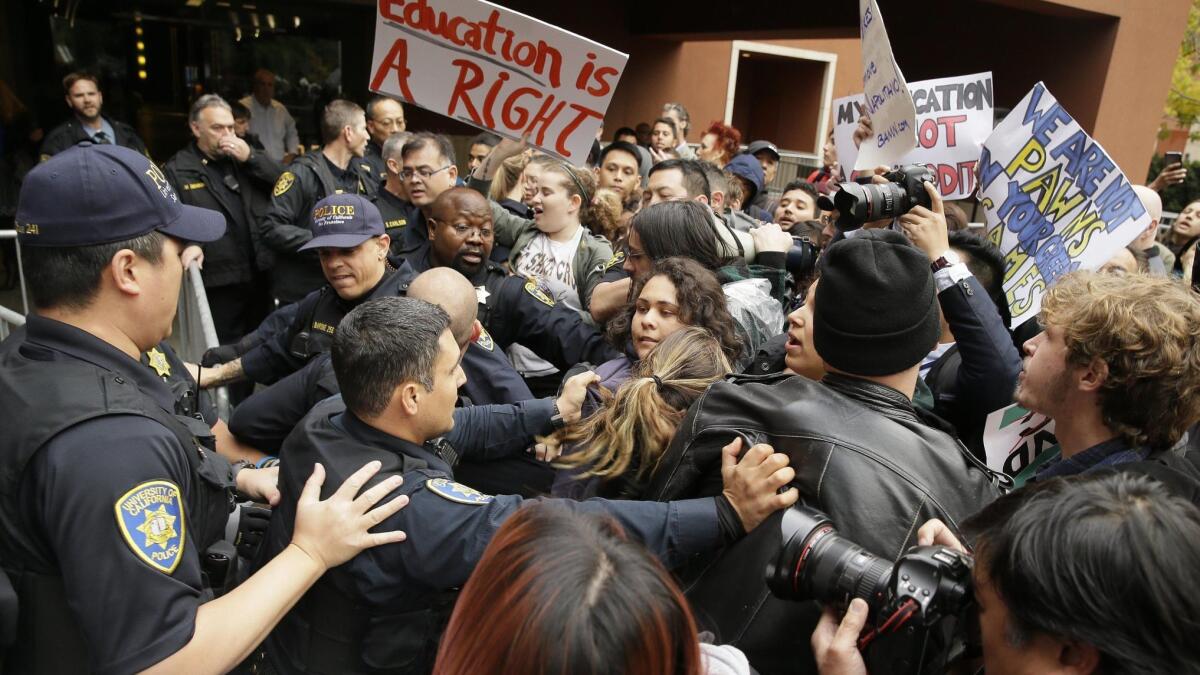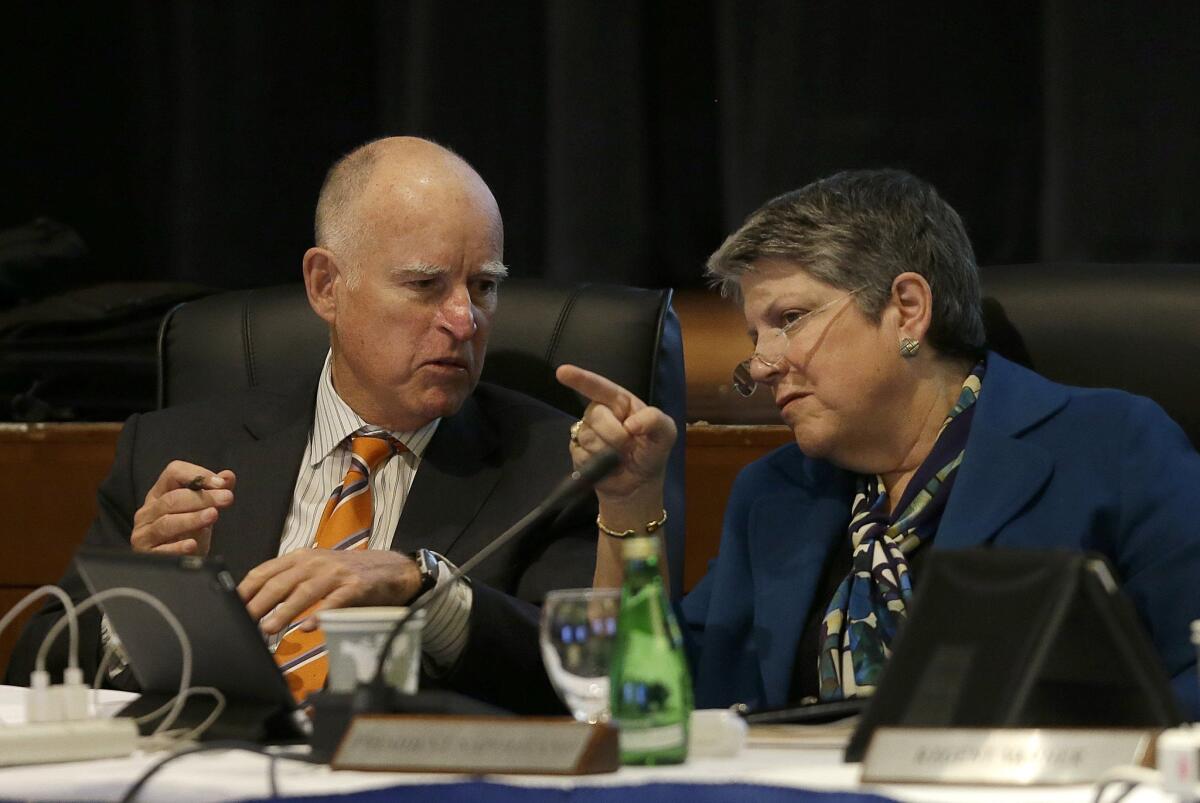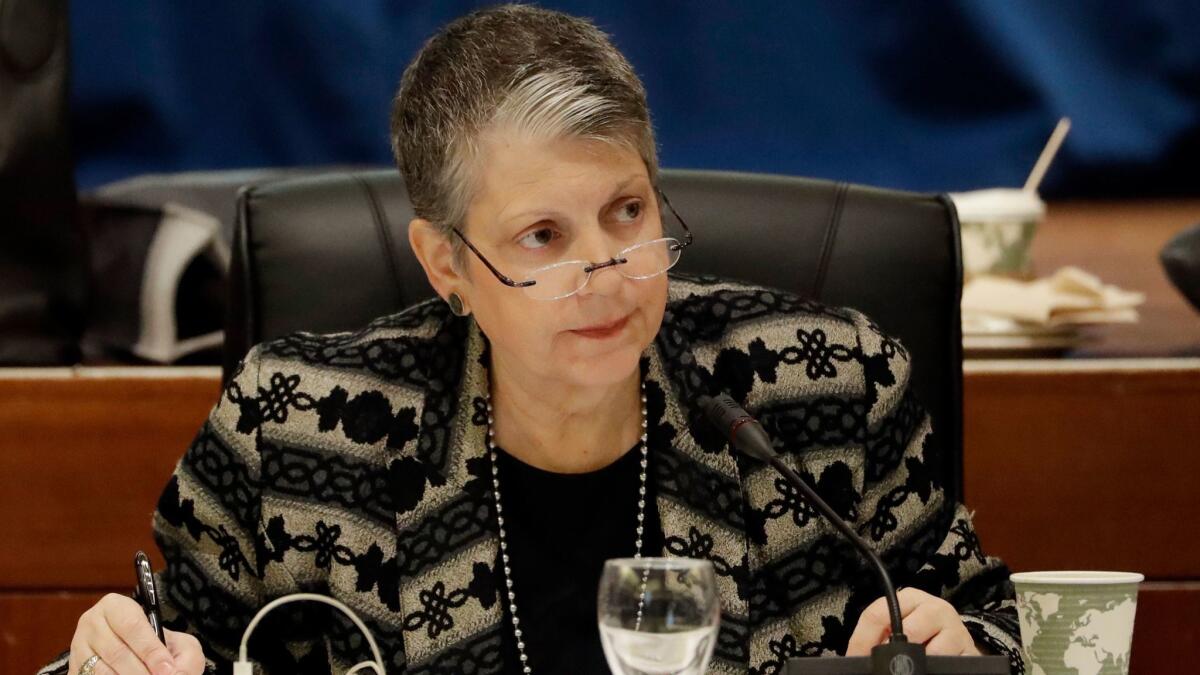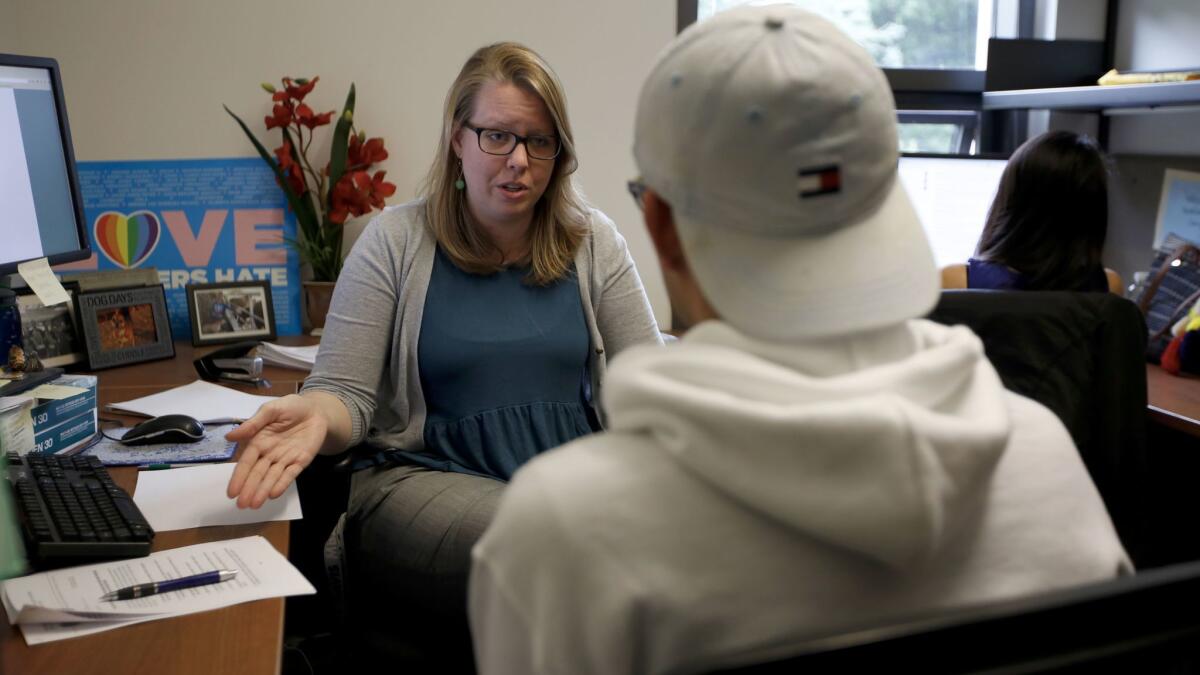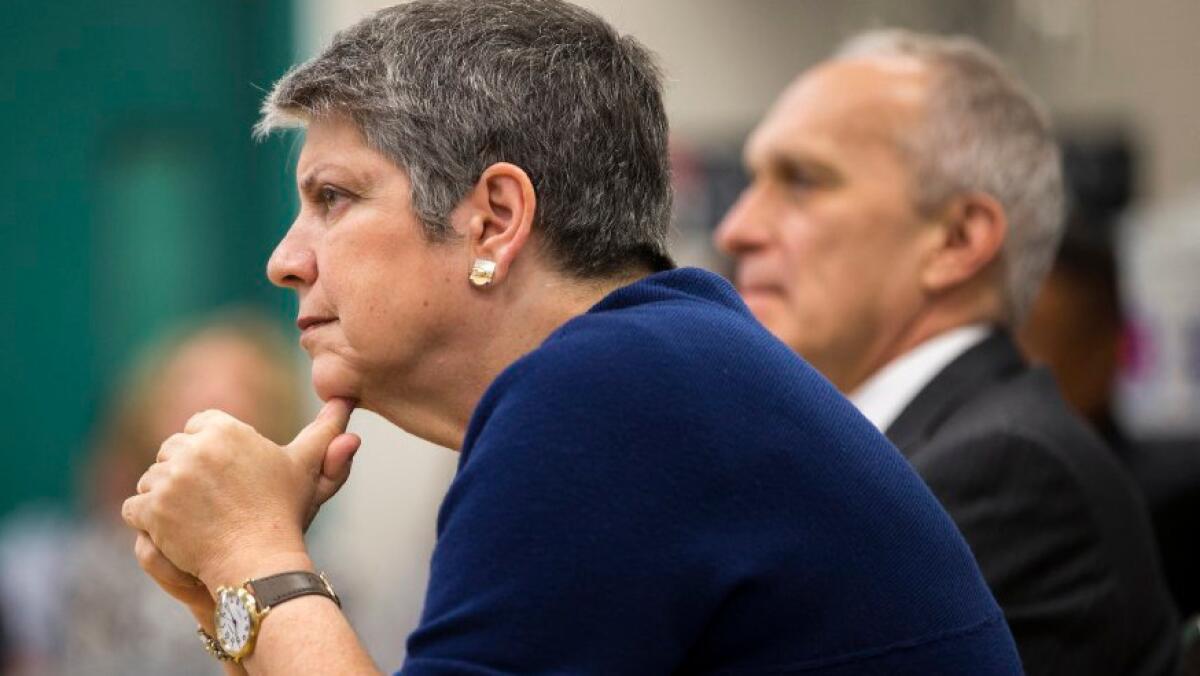Sign up for Essential California
The most important California stories and recommendations in your inbox every morning.
You may occasionally receive promotional content from the Los Angeles Times.
Follow Us
Javier Panzar is a former assistant editor with the Los Angeles Times, where he oversaw audience engagement for the Environment, Health and Science department and, before that, its California section. He previously worked as a digital editor on the News Desk and as a reporter covering state and regional politics as well as breaking news in California. Panzar started at The Times as an intern and then a MetPro fellow in 2014. He was born and raised in Oakland. His reporting has appeared in the Boston Globe, the Seattle Times, the Orange County Register and UC Berkeley’s independent student newspaper, the Daily Californian.
Howard Blume covers education for the Los Angeles Times. He’s won the top investigative reporting prize from the L.A. Press Club and print Journalist of the Year from the L.A. Society of Professional Journalists chapter. He recently retired “Deadline L.A.,” a past honoree for best public-affairs radio program, which he produced and co-hosted on KPFK-FM (90.7) for 15 years. He teaches tap dancing and has two superior daughters.
Teresa Watanabe covers education for the Los Angeles Times. Since joining the Times in 1989, she has covered immigration, ethnic communities, religion, Pacific Rim business and served as Tokyo correspondent and bureau chief. She also covered Asia, national affairs and state government for the San Jose Mercury News and wrote editorials for the Los Angeles Herald Examiner. A Seattle native, she graduated from USC in journalism and in East Asian languages and culture.
